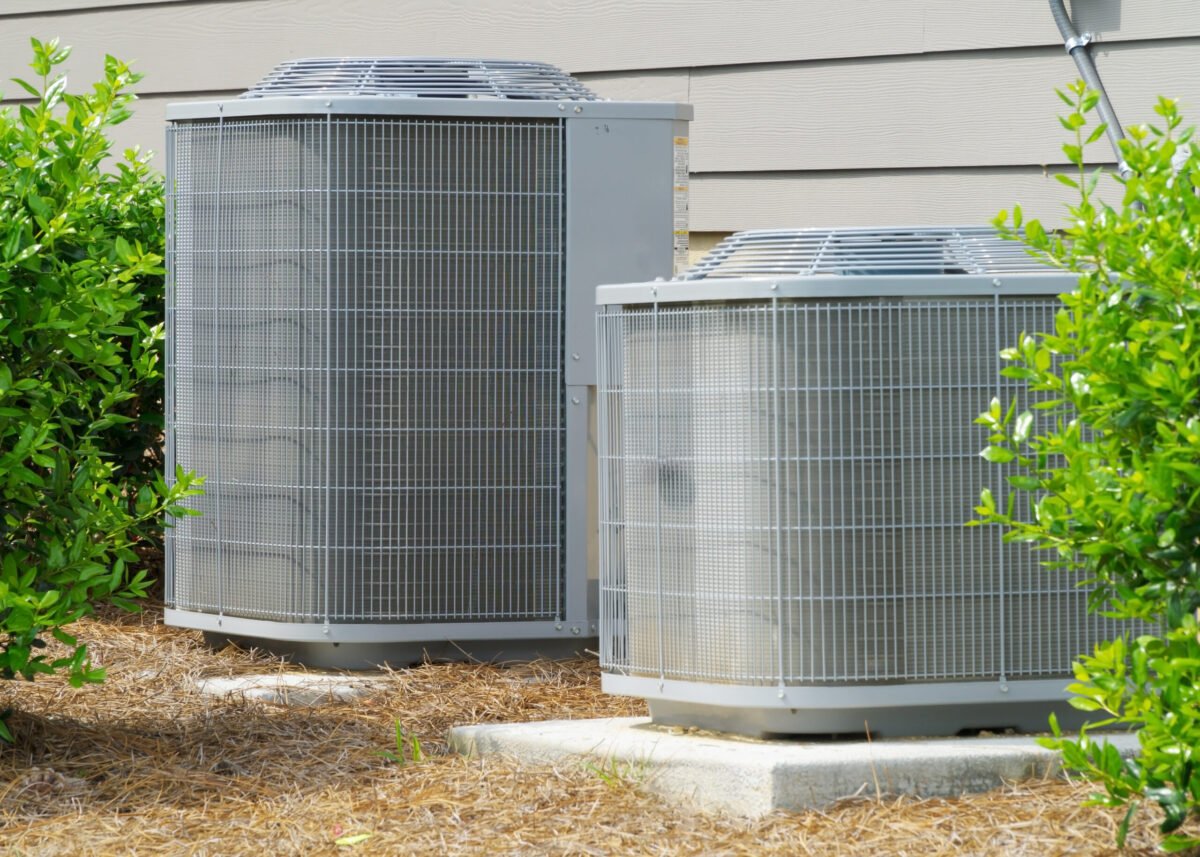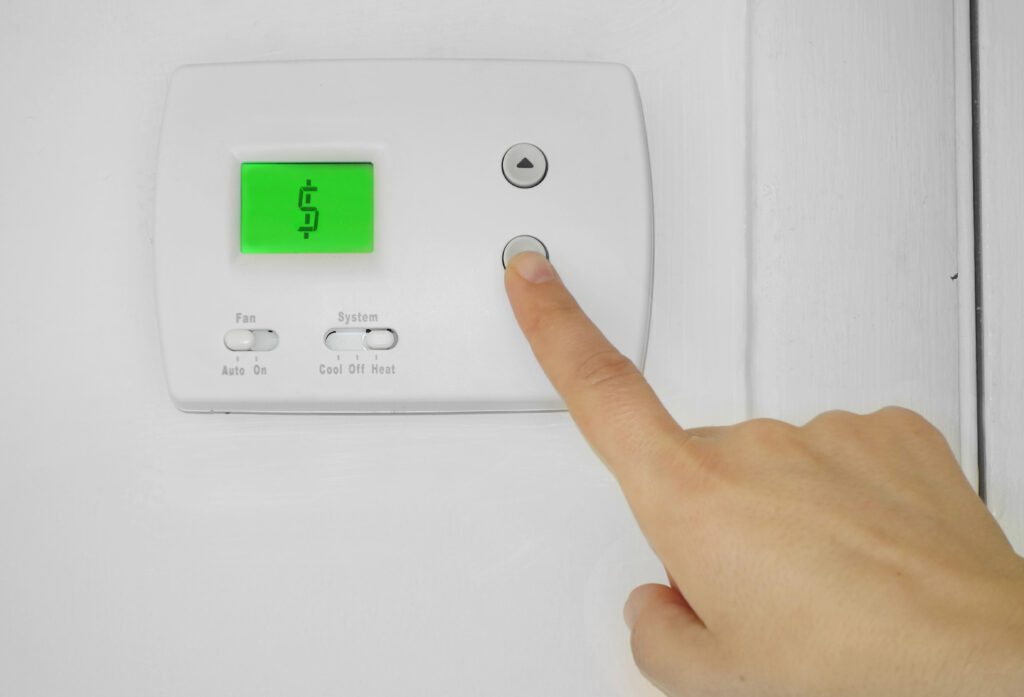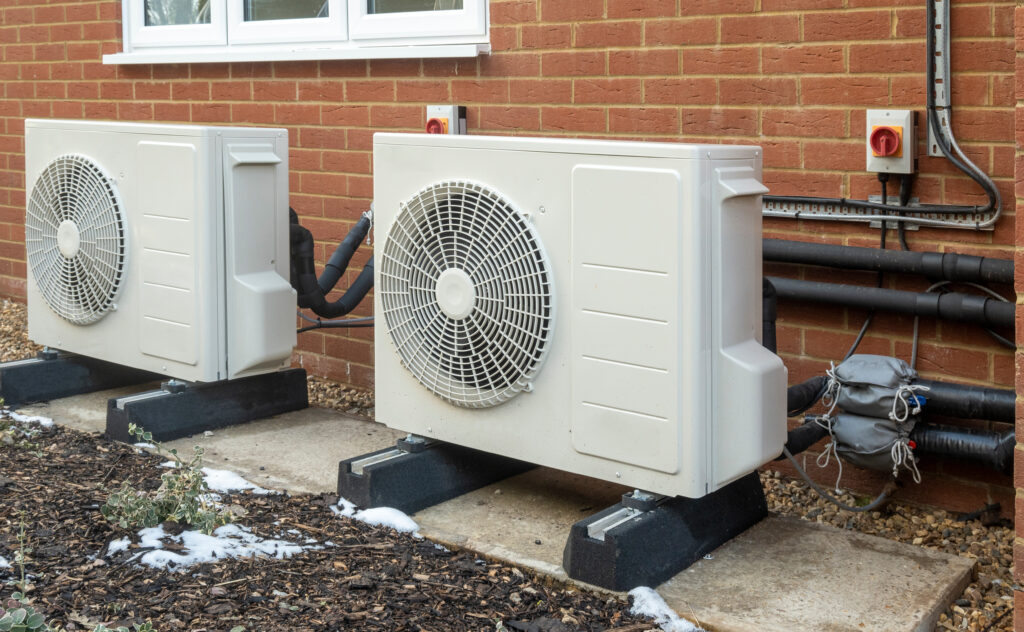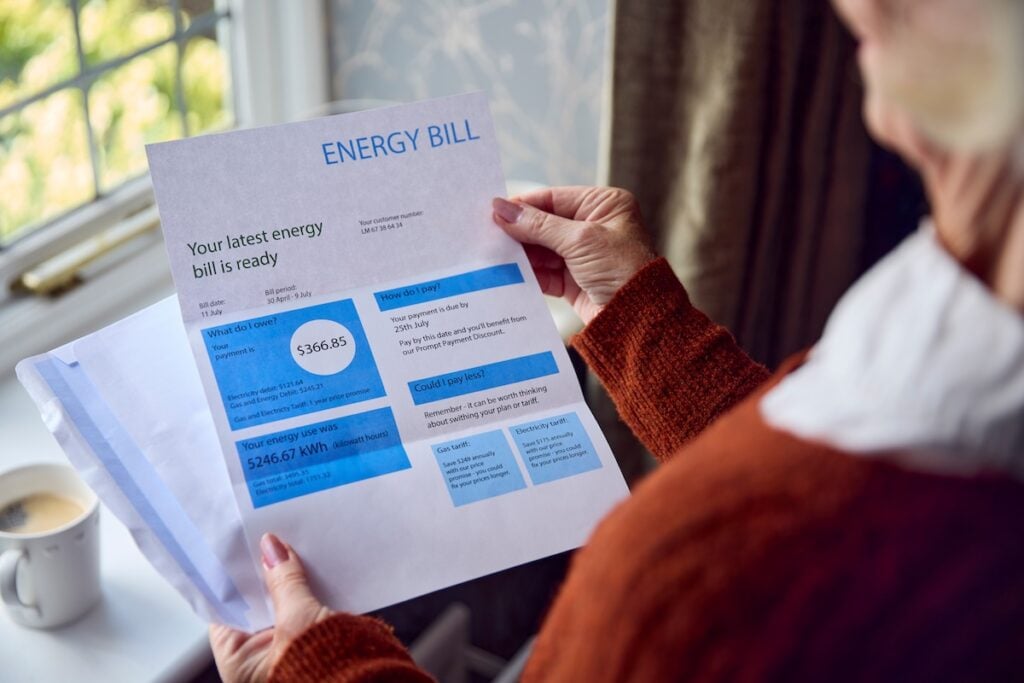


October 3, 2025
What’s the Best HVAC System for Home Energy Efficiency?
When you’re investing in comfort for your family, the HVAC system you choose makes all the difference. With rising energy costs and unpredictable weather, homeowners often ask: what’s the best HVAC system for home energy efficiency? The answer depends on your home’s size, layout, and your long-term goals. The right system not only keeps you comfortable but can also save you thousands over the years in utility bills and repairs. And with expert HVAC installation and maintenance, you can maximize efficiency and reliability.
Here’s what you’ll discover in this guide:
- Why energy-efficient HVAC systems matter for your home and budget
- The top system options for homeowners today, with pros and cons
- How to compare systems for performance and long-term savings
- Seasonal considerations that impact energy efficiency
- Signs it’s time to replace or upgrade your current system
🔎 Why Energy Efficiency in HVAC Systems Matters

HVAC systems account for nearly half of your home’s energy use, making them a major factor in comfort, cost, and sustainability. Choosing the right system is an investment that pays back in multiple ways.
- Lower Utility Bills: Efficient systems use less energy to heat and cool, reducing monthly expenses.
- Consistent Comfort: Advanced systems maintain steady temperatures and humidity, keeping every room comfortable.
- Environmental Impact: Using less energy means reducing your home’s carbon footprint.
- Long-Term Value: High-efficiency systems may cost more upfront but offer longer lifespans and fewer repairs.
- Home Resale Advantage: Buyers look for homes with modern, energy-efficient HVAC systems already installed.
💡 5 Top HVAC Systems for Energy Efficiency
When selecting an HVAC system, it’s important to weigh upfront cost, long-term savings, and how well the system fits your home’s needs. Here are five of the best options to consider. If you’re still comparing system types and want a broader breakdown of how each one works, our guide on types of HVAC systems can help you understand which option aligns best with your efficiency goals.
1. Central Air Conditioning with High SEER Rating
Central AC remains one of the most popular options for whole-home cooling. Efficiency is measured by SEER (Seasonal Energy Efficiency Ratio). The higher the SEER, the more efficient the system.
- Best for medium to large homes with ductwork already in place
- Provides even cooling throughout the house
- Look for ENERGY STAR® models with SEER ratings of 16 or higher
2. Heat Pumps (Air Source and Ground Source)
Heat pumps provide both heating and cooling, making them a versatile choice. They move heat rather than generating it, which uses far less energy.
- Air-source heat pumps are widely available and effective in moderate climates
- Ground-source (geothermal) pumps are the most efficient but have higher upfront costs
- Ideal for homeowners who want one system for year-round comfort
3. Ductless Mini-Split Systems
These systems are highly efficient because they avoid the energy losses that occur with ducts. Each indoor unit can be controlled independently, giving you room-by-room comfort.
- Perfect for homes without ductwork or for additions/renovations
- Zoning capability saves energy by only cooling or heating the spaces in use
- Sleek, quiet operation and flexible installation options
4. Variable-Speed Furnaces and Air Handlers
Traditional systems operate on a single speed: full blast. Variable-speed technology allows the system to adjust airflow gradually, reducing energy waste.
- Provides consistent comfort and improved humidity control
- Reduces wear and tear on equipment
- Often paired with high-efficiency central AC or heat pumps
5. Hybrid HVAC Systems
A hybrid system combines a furnace with a heat pump, automatically switching between gas and electric depending on efficiency needs.
- Saves money by using electricity in mild weather and gas in extreme cold
- Smart technology chooses the most cost-effective option
- Great for climates with wide seasonal temperature swings
👉 How to Choose the Right System for Your Home

Not every home has the same needs, and the “best” HVAC system for energy efficiency depends on several key factors. Here’s a homeowner’s checklist to guide your decision. If you’re unsure whether your current setup is sized properly for your home, you can learn more in our post on what size furnace do I need?, which explains how proper sizing plays a major role in energy efficiency and system longevity.
Home Size and Layout
- Larger homes often benefit from central systems with zoning capabilities
- Smaller homes may find ductless mini-splits more cost-effective
Climate Considerations
- Mild climates work well with heat pumps
- Hot, humid climates may require systems with advanced dehumidification features
Budget and Long-Term Savings
- Upfront costs vary significantly: geothermal systems are expensive but pay back long-term
- Consider tax credits or rebates available for high-efficiency models
Ductwork Condition
- Homes with leaky or outdated ducts may waste up to 30% of conditioned air
- In these cases, a ductless system or duct sealing service may be more efficient
Energy Rating Labels
- Look for ENERGY STAR® certification
- Check SEER for cooling and AFUE (Annual Fuel Utilization Efficiency) for heating
❓ FAQs Homeowners Ask About HVAC Efficiency
Do high-efficiency systems really pay off?
Yes. While they cost more upfront, high-efficiency systems can save hundreds annually in energy bills, often paying for themselves in 5–10 years.
What’s the average lifespan of an HVAC system?
Most systems last 12–15 years with proper maintenance. High-efficiency models may last longer if serviced regularly.
Can I upgrade my current system to be more efficient?
In many cases, yes. Upgrading thermostats, sealing ducts, or adding a dehumidifier can all improve efficiency without replacing the entire system.
What role does insulation play?
A properly insulated home reduces the workload on your HVAC system, maximizing efficiency and comfort.
🔧 Maintenance and Cost Considerations

Even the best HVAC system will underperform if it isn’t maintained. Regular care extends lifespan, improves efficiency, and ensures your investment is protected. For homeowners in Frederick, MD, our local team offers reliable seasonal tune-ups and inspections to keep your system running at peak efficiency—learn more about our services in Frederick.
Routine Maintenance Tasks
- Change air filters every 1–3 months
- Schedule professional tune-ups twice a year
- Keep outdoor units free of debris and vegetation
Cost Factors to Keep in Mind
- Upfront Cost: Expect $5,000–$12,000 for most high-efficiency systems, with geothermal systems exceeding $20,000.
- Operating Costs: Efficiency ratings directly impact monthly bills.
- Repairs and Upgrades: Higher-end systems may have pricier parts but break down less frequently.
Comparison: Upfront vs. Long-Term Value
| System Type | Upfront Cost | Lifespan | Energy Savings | Best Fit |
| Central AC (High SEER) | $$ | 12–15 yrs | Moderate | Homes with ducts |
| Heat Pump | $$–$$$ | 12–20 yrs | High | Year-round comfort |
| Ductless Mini-Split | $$–$$$ | 15–20 yrs | High | Zoned or no-duct homes |
| Geothermal | $$$$ | 20–25 yrs | Very High | Long-term homeowners |
| Hybrid System | $$$ | 15–20 yrs | High | Variable climates |
If you’re located near New Market, MD, our technicians can help with routine maintenance and efficiency upgrades to keep your system performing long-term—explore our services in New Market.
🏠 Upgrade Your Comfort and Efficiency Today
Choosing the right HVAC system is one of the most important investments you can make for your home. With so many options available, understanding efficiency ratings, maintenance needs, and system types helps ensure you make a smart decision. If you live in Mt. Airy, MD, our team is ready to help you compare options and provide expert recommendations tailored to your home’s needs—visit our local page for Mt. Airy.
If you’re ready to explore the most efficient solutions for your home, or if you’d like a professional assessment of your current system, don’t wait until energy bills rise again. Simply contact us today to schedule a consultation and learn more about options that fit your home and budget.


